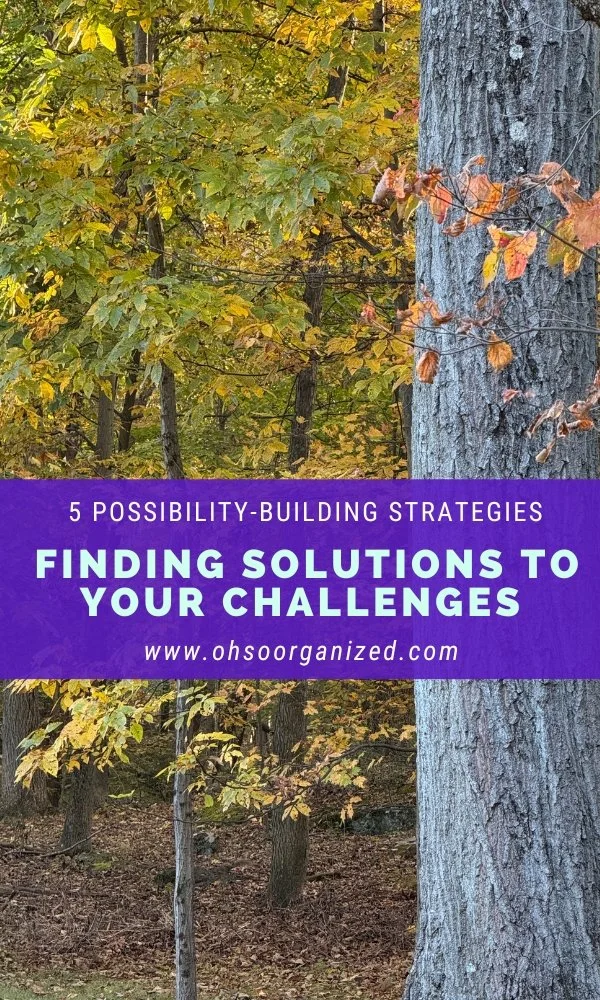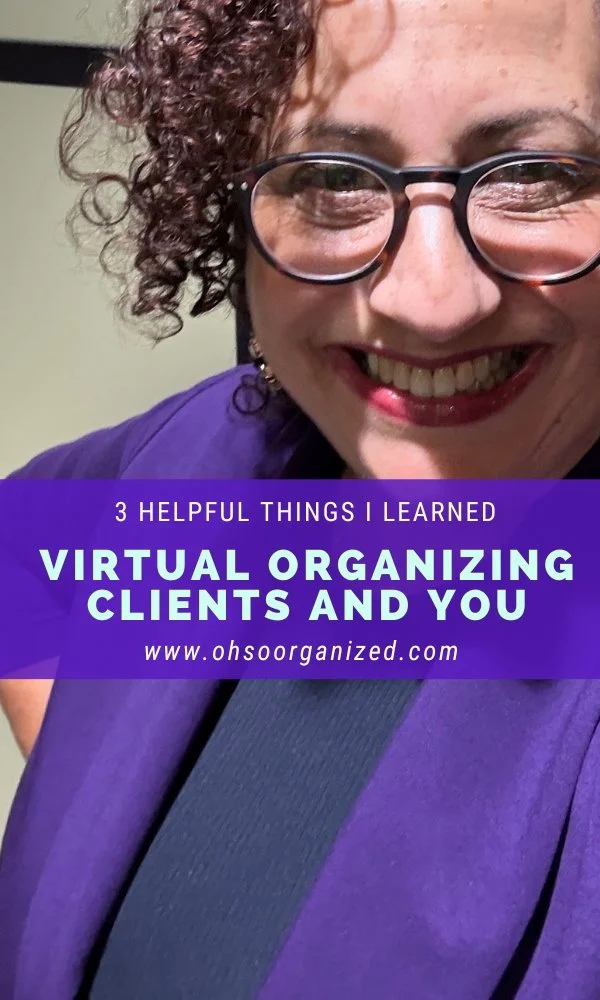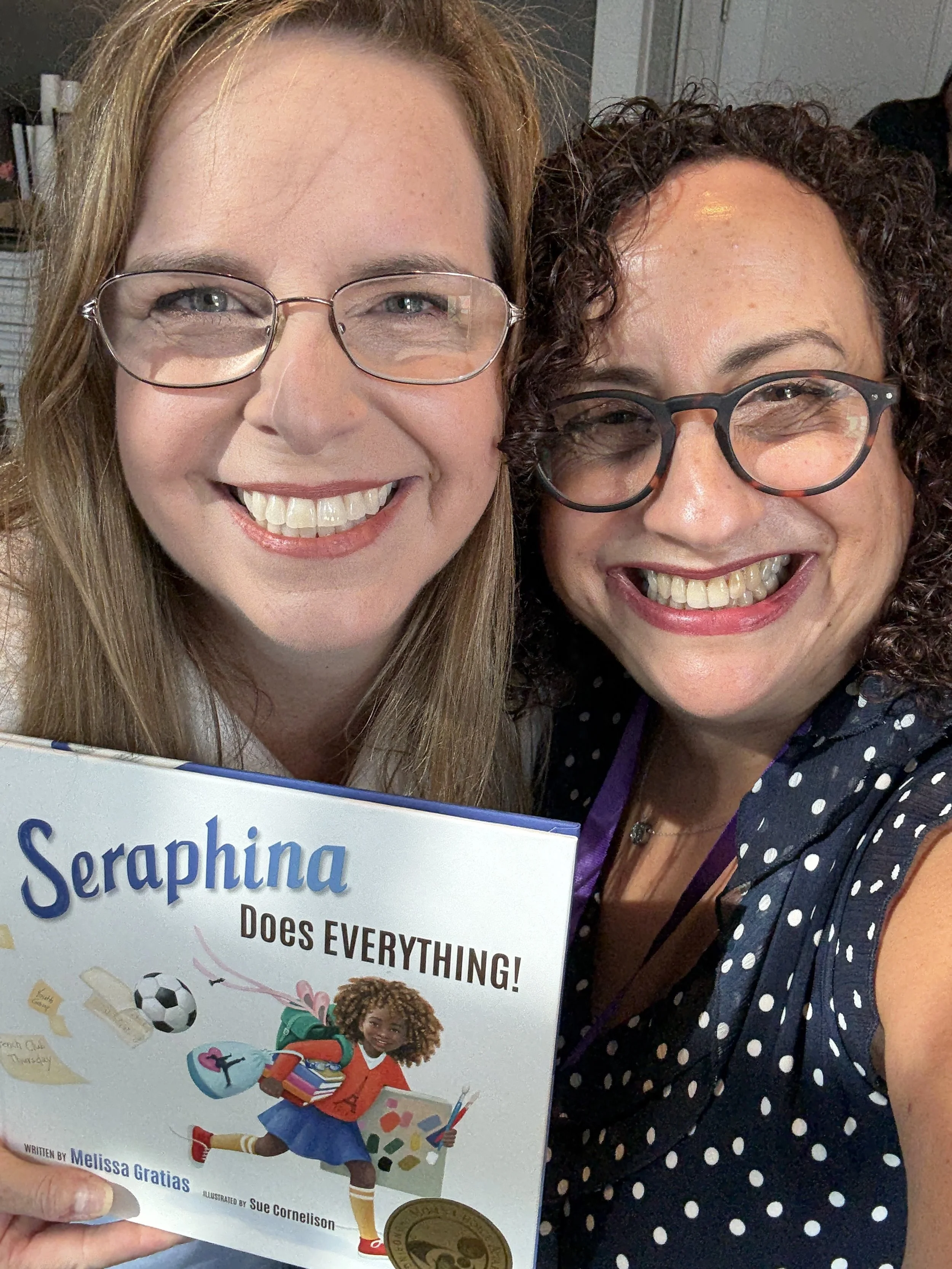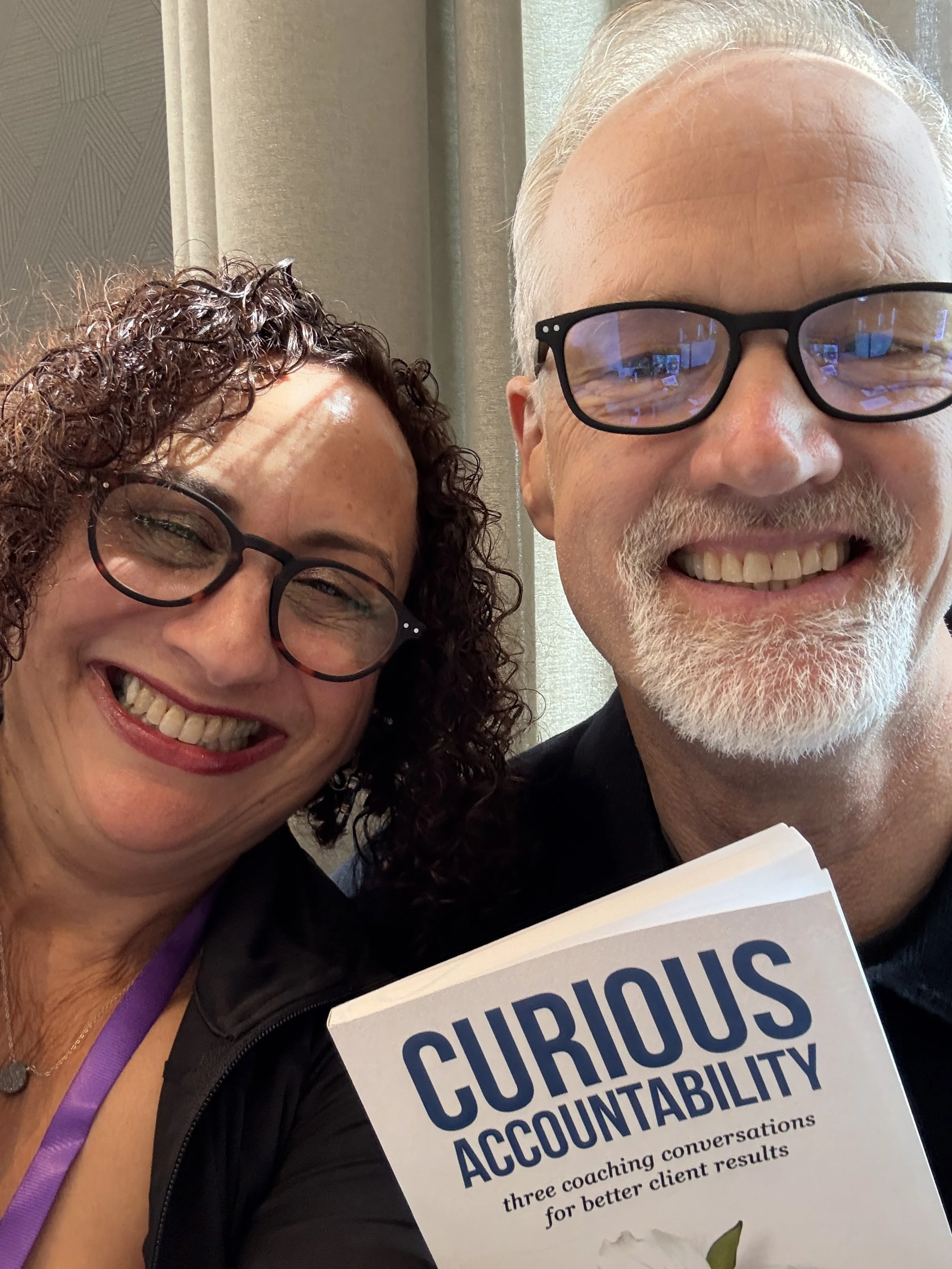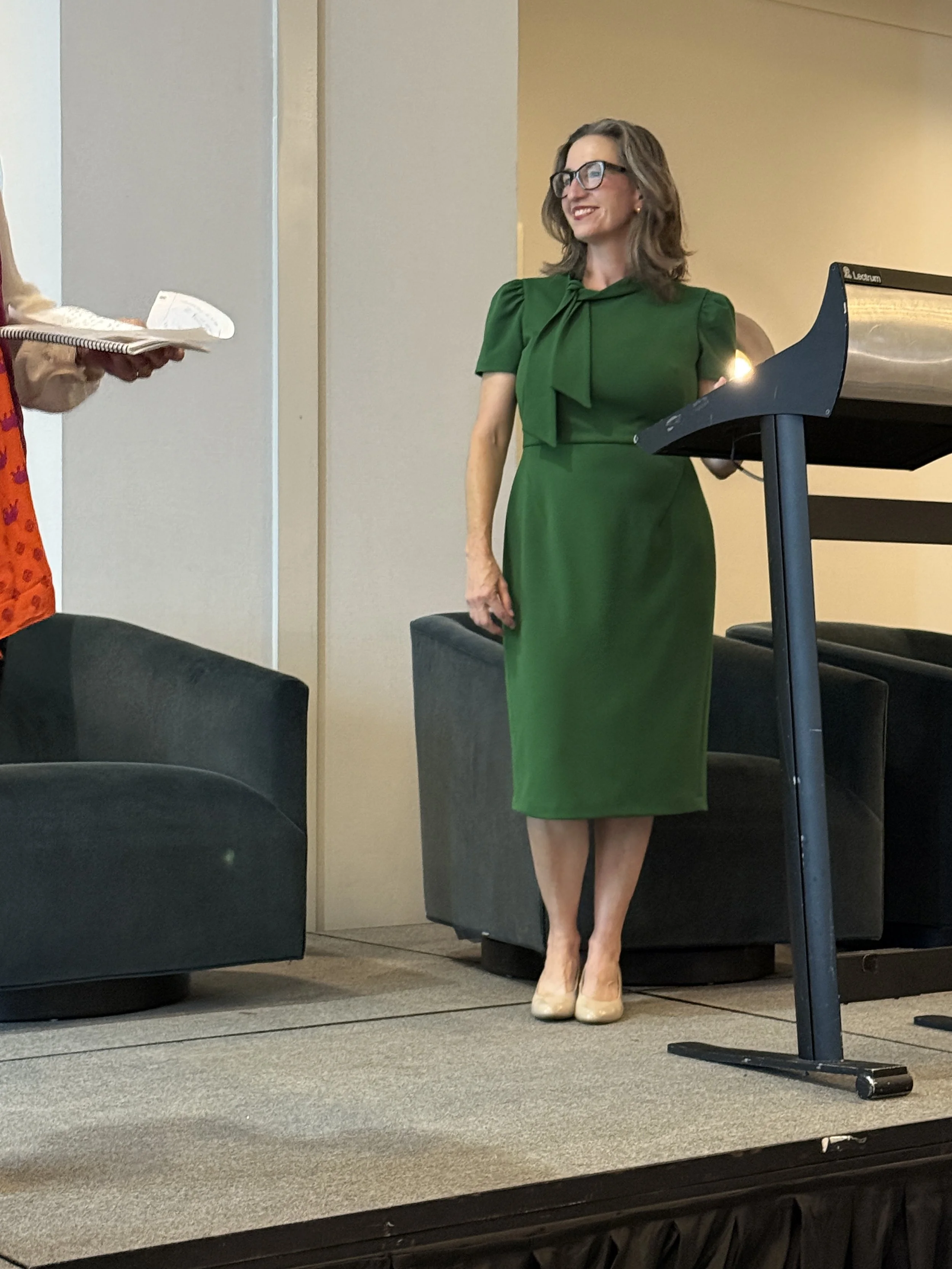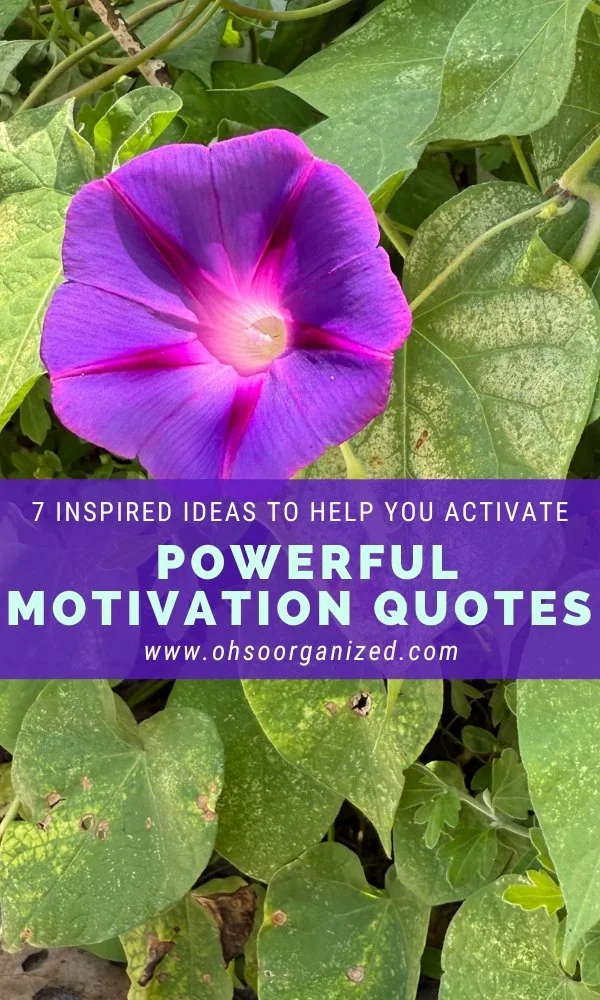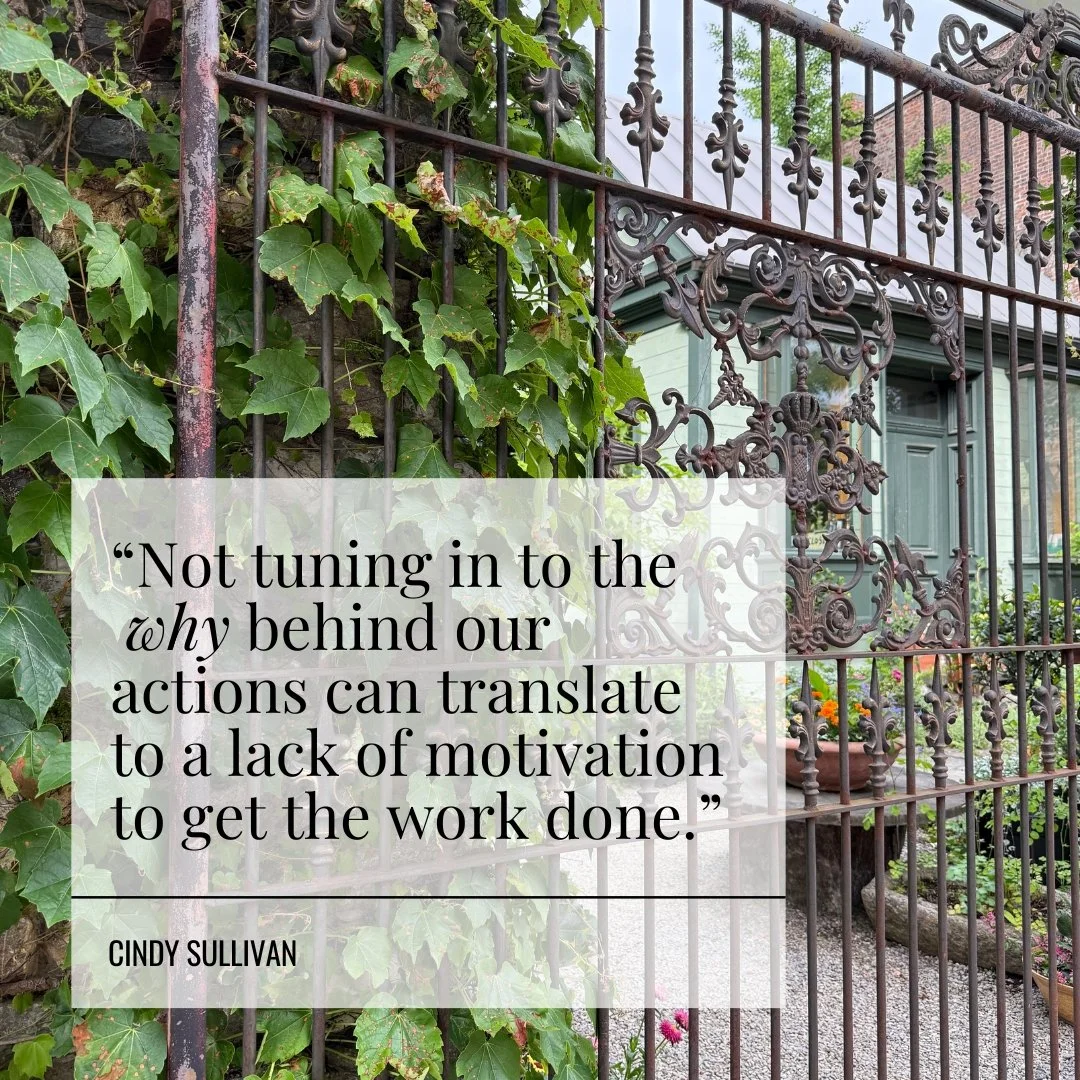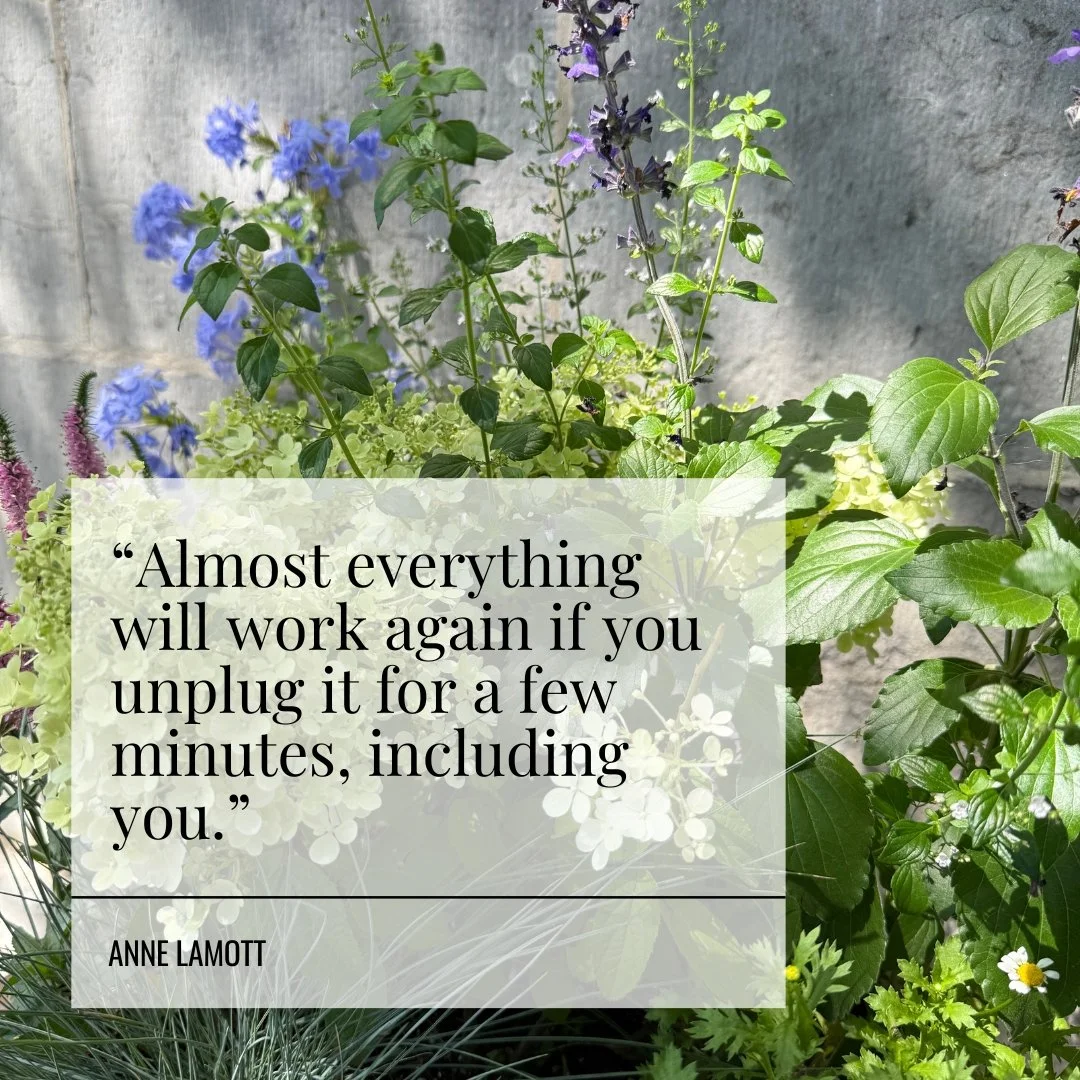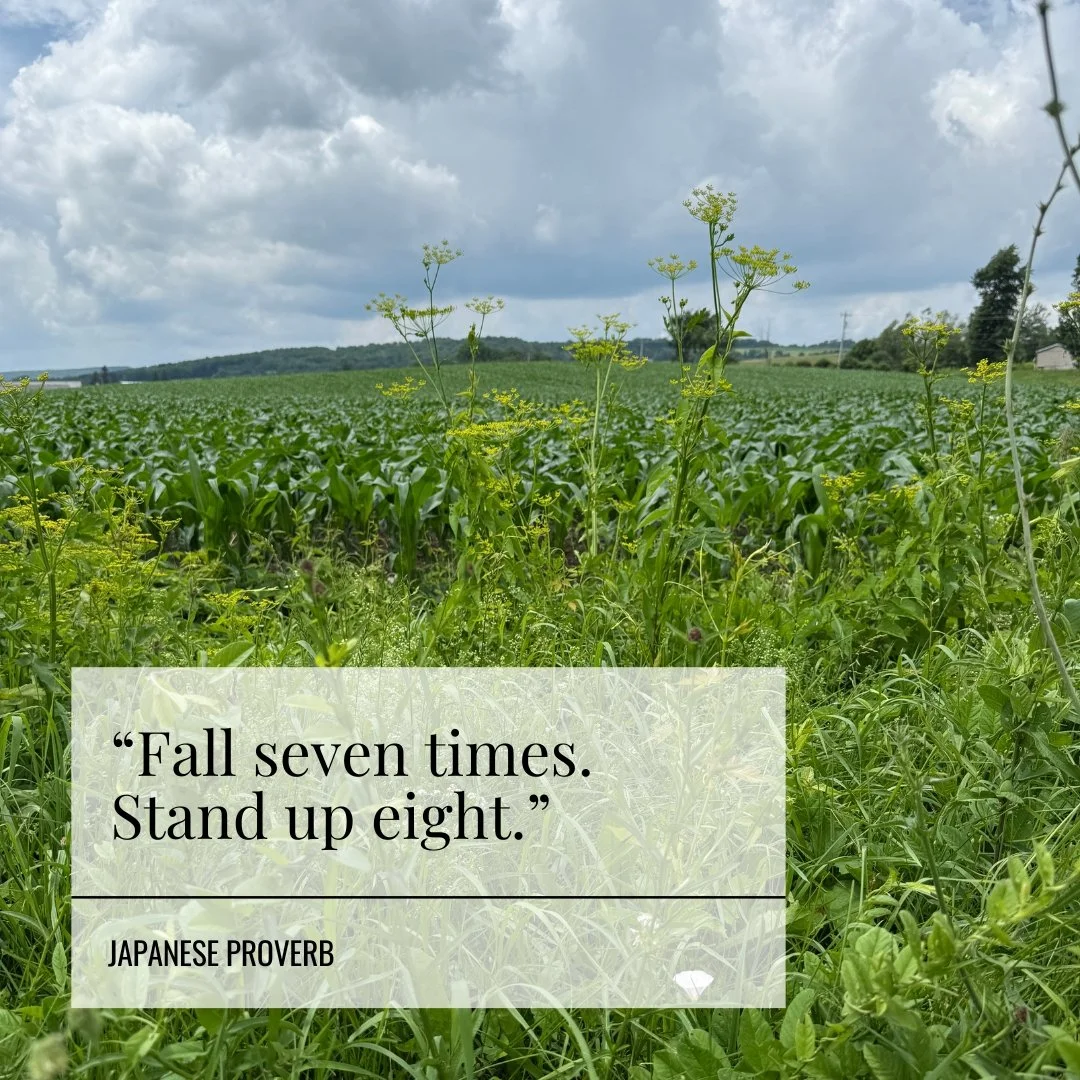Are there many things you want to experience, explore, or accomplish in life? If so, that’s wonderful. However, when you encounter daily challenges, it becomes harder to think about the future and imagine possibilities.
You have the capacity to handle a lot. You can boost your capacity by identifying and addressing a specific challenge you’re facing. Often, just one small tweak is enough to create momentum and open the path for new ideas you couldn’t see before.
Why is that? It’s easy to get stuck in cycles of distress, overwhelm, and frustration. These patterns can cause paralysis and inaction. When you’re in that negative mode, your mind can spiral or shut down. Thinking and dreaming about new possibilities feels out of reach.
There are many ways to open up the ‘what’s possible’ path. Depending on your preferences and situation, choose the strategy that will be most effective for you.
5 Ways to Easily See What’s Possible by Finding Solutions to Your Challenges
1. Identify the Hiccups
One of my favorite methods to prepare for possibilities is by making a list of the hiccups you encounter during your day.
Pay close attention as you go through your day. As situations occur, write down anything that causes you stress, distress, or inconvenience. These might include things like:
Misplaced or lost keys, glasses, or your phone.
Had trouble getting dressed because of clutter in the closet.
Created an overly complicated organizational system that’s too difficult to maintain.
Had supplies tumble out of the bathroom cabinet every time it was opened.
Was late for an appointment again.
Ran out of milk, toilet paper, apples, or other household staples.
Was annoyed during kitchen meal prep because things weren’t organized in a useful way.
Woke up cranky because of sleep disruptions or lack of sleep.
Began the day feeling anxious and unsure what to focus on.
Notice the hiccup. Write it down. Choose one of the challenges and fix the problem.
2. Quiet Your Mind
When the noise upstairs gets too loud and clouds your thoughts, it can prevent you from seeing possibilities. How can you quiet the mind so you can move forward with clarity and purpose?
There are many ways to do this, including:
Journaling
Meditating
Sipping coffee or tea from your favorite mug
Resting
Reading
Breathing slowly with focus and intention
3. Declutter the Desk
Numerous studies show how clutter can negatively affect our mental health and well-being. Not everyone is affected by clutter to the same degree. However, if clutter bothers you, you may actually feel its effects viscerally. You might feel anxious, stressed, agitated, or have difficulty concentrating or relaxing.
One of the easiest ways to change how you’re feeling is by decluttering a small area. It doesn’t matter what you choose. Pick something with distinct boundaries like a desk surface, a comfy chair, or a coffee table.
Remove items that don’t belong. Route the outtakes to the trash, recycling bin, donation box, or rehome them elsewhere. For the remaining items, decide whether you want them to stay, let them go, or relocate to another spot.
Clearing space and surfaces is calming. With this simple reset, you’ll be more open to possibilities.
“The physical act of movement can encourage progress and possibilities in other areas of your life. ”
4. Move Your Body
Sitting is passive. Not only does it make your body stiff and less active, but it can also affect your energy level and mood. Since transitioning from in-person to virtual work, I sit much more than I used to.
Movement has become even more important. I make sure to take breaks between virtual organizing sessions to walk around, stretch, take bio breaks, or get some fresh air. When I’m on the phone, I often walk around the house while talking. I incorporate other movements by doing yoga, exercising, walking by the river or in the woods, running errands, gardening, sweeping, or cleaning.
Some movement is spontaneous, while some is more intentional. It helps when I schedule time to meet a friend for a walk or go to yoga class. That adds accountability and keeps me committed to moving more.
Physical movement creates its own momentum. The physical act of movement can encourage progress and possibilities in other areas of your life.
5. Ask for Help
Have you ever faced a challenge that overwhelmed you? When that happens, do you try to solve it on your own or ask for help? I usually try to figure things out myself first. However, there are times when hiring someone or seeking advice is beneficial.
Recently, I experienced some frustrating tech problems with Mailchimp and Square while setting up the backend for my December workshop. While customer support offered a few insights, they didn’t resolve the issue, so I hired someone to help me. It was incredible how much less stressed I felt knowing someone would help me find a solution and fix the problem. I didn’t have to do this alone. It was wonderful having the personalized support to troubleshoot the issue, discuss options I hadn’t considered, and resolve the problem. Thank you, Lana Kitcher!
As a professional organizer, I help my clients get unstuck and move forward. I love helping and serving others. It’s inspiring to see what becomes possible when obstacles are removed.
Sometimes the answer to a problem is asking for help. When you receive the support you need, your stress and overwhelm decrease. You become more available to take the next steps and imagine what is possible.
Will Finding Solutions Make You More Receptive to New Possibilities?
Everyone gets stuck sometimes. What happens next is what matters most. There are many options, which include identifying the challenge, decluttering a small area, or reaching out for help. What hiccups during your day are keeping you frustrated and stuck? What helps you feel receptive to new possibilities?
Which ideas resonate most with you? I’d love to hear your thoughts. I invite you to join the conversation.
How Can I Help?
Do you feel overwhelmed, stuck, or disorganized? I’m here to help! Virtual organizing is an extraordinary path forward – Local feel with a global reach.
Let’s talk. I’m easy to reach.
Schedule a Discovery Call
Fill out the Contact form
Email me at linda@ohsorganized.com or
Call 914-271-5673
Getting organized and making progress is possible, especially with support.


